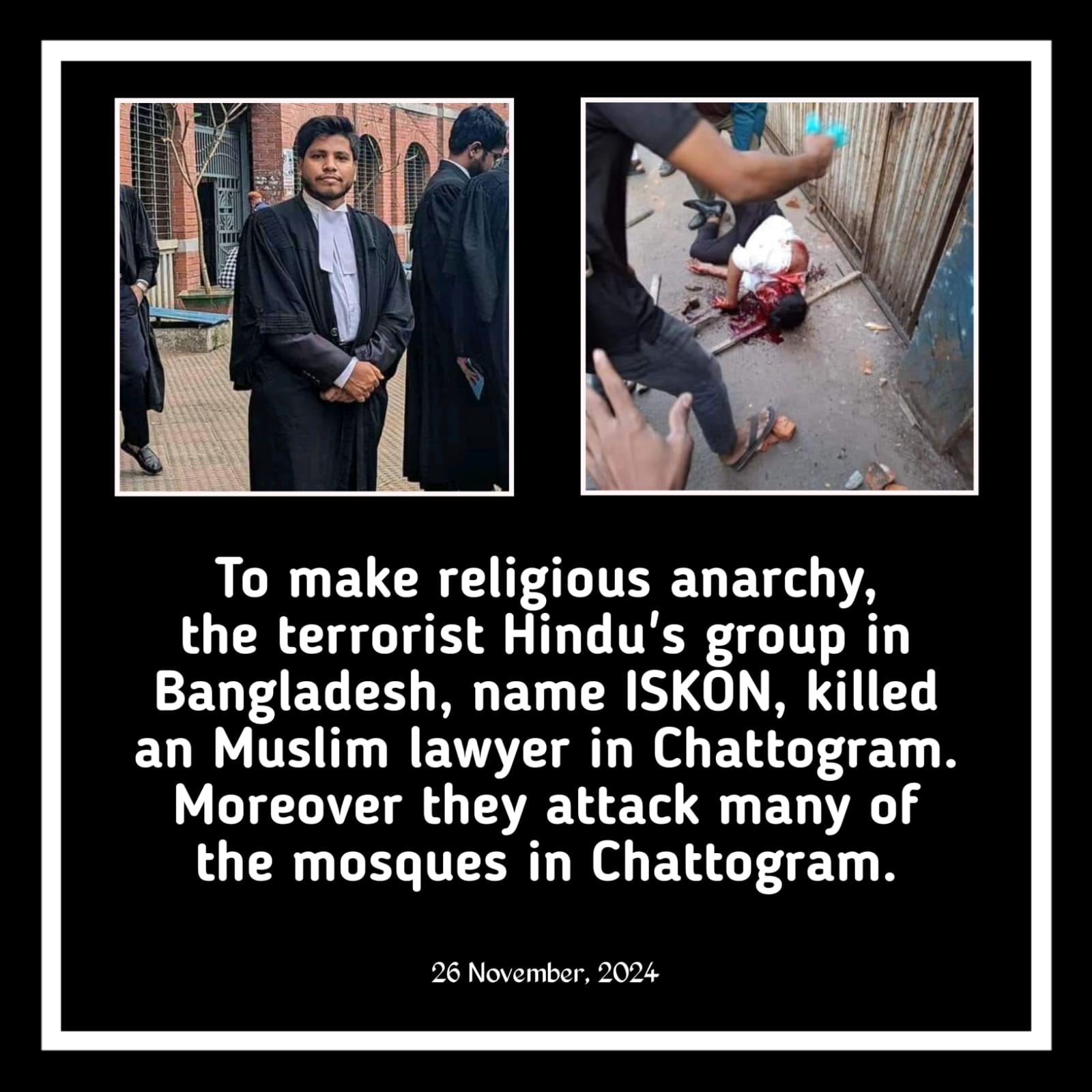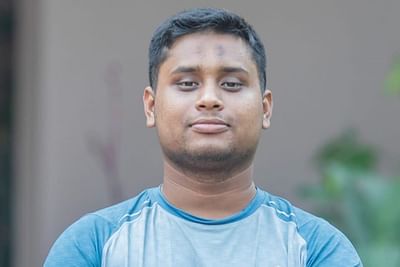Dhaka, July 25, 2024 – Bangladeshi authorities have continued to use unlawful force against student protesters amid six days of shutdown and communication restrictions during the quota-reform protests across the country, Amnesty International reported today as it released the second part of its evidence analysis series.
Nationwide internet access was partially restored on July 23 after a complete six-day shutdown marked by a crackdown on protesters, deployment of the army, a curfew, and shoot-on-sight orders. The limited flow of information has hindered human rights monitoring. In response, Amnesty International and its Crisis Evidence Lab have verified videos of three incidents where law enforcement agencies unlawfully used lethal and less-lethal weapons while policing the protests.
Amnesty International urges the Government of Bangladesh and its agencies to respect the right to protest, end the violent crackdown, and immediately lift all communication restrictions.
Unlawful Force Confirmed by Video and Photographic Evidence
“The continued verification and analysis by Amnesty International of video and photographic evidence trickling out of Bangladesh provides a grim picture,” said Deprose Muchena, Senior Director at Amnesty International. “The egregious human rights records of the Bangladeshi government and the Rapid Action Battalion (RAB), which has been deployed to police the protests, provide little reassurance that the protesters’ rights will be protected in the absence of active international monitoring with internet and communication restrictions still partially in place.”
Abusive Use of Less-Lethal Weapons and Failure to Provide Medical Assistance
On July 18, videos surfaced on social media showing a protester, identified as Shykh Aashhabul Yamin, a student at the Military Institute of Science and Technology, injured and killed during clashes with police officers near a bus station in Savar, close to Dhaka. In one video, an Armoured Personnel Carrier (APC) is seen driving down the Dhaka-Aricha Highway with Yamin’s unconscious body on top. Subsequent videos show officers violently dragging Yamin’s body off the vehicle, causing his head to hit the pavement, and eventually leaving his body on the road without providing medical aid.
Amnesty International’s analysis found that none of the 12 officers visible in the videos attempted to render medical assistance to Yamin. An independent forensic pathologist, Derrick Pounder, examined the evidence and suggested that Yamin’s death could reasonably be presumed to be due to birdshot pellet injuries to his chest, deeming the use of birdshot entirely inappropriate for law enforcement.
Dangerous Use of Tear Gas
On July 18, another video posted on social media shows a police officer firing tear gas through a closed gate at BRAC University in Dhaka, where violent clashes between police and student protesters occurred. The video suggests that students were gathered in an enclosed courtyard when the officer fired into the crowds through the gates. Amnesty International confirmed that such actions constitute unlawful and unnecessary use of force, with local news reporting at least 30 injuries due to the tear gas.
Use of Lethal Firearms
A video circulating since July 20 shows an officer firing an AK-pattern assault rifle during the protests. Verified by Amnesty International, the video was filmed in front of a bank on DIT Road in the Rampura neighborhood of Dhaka. The video shows officers from the Bangladesh Police and Border Guard Bangladesh standing alongside an APC, with one officer firing two rounds from a Chinese Type 56-1 assault rifle. Amnesty International emphasized that firearms should only be used when strictly necessary to confront an imminent threat of death or serious injury.
Another video, also filmed in Rampura, shows police officers equipped with shotguns and grenade launchers firing multiple shots at off-screen targets. Amnesty International called for an independent and impartial investigation into all human rights violations committed by security forces.
Call for Immediate Action
“Authorities must immediately lift the shoot-on-sight orders, fully restore internet access across the country, and end the use of army and paramilitary forces in the policing of protests,” said Muchena. “An independent and impartial investigation into all human rights violations committed by security forces must be urgently conducted, and all those responsible must be held fully accountable. Victims of unlawful police use of force must receive full reparations from the state.”
Background
According to media reports, there have been 2,500 arrests and nearly 200 deaths, with several thousand injuries since the protests turned deadly on July 16, 2024. Other reports indicate that 61,000 people have been charged with violence related to the protests.










